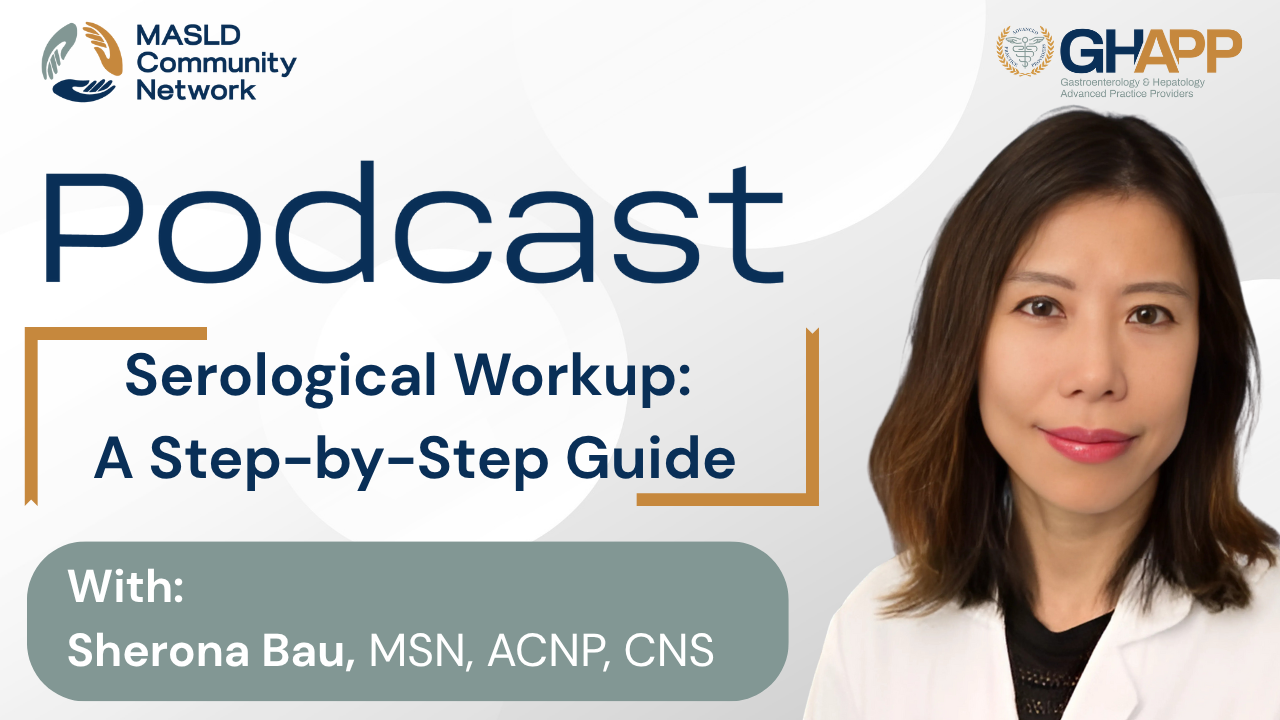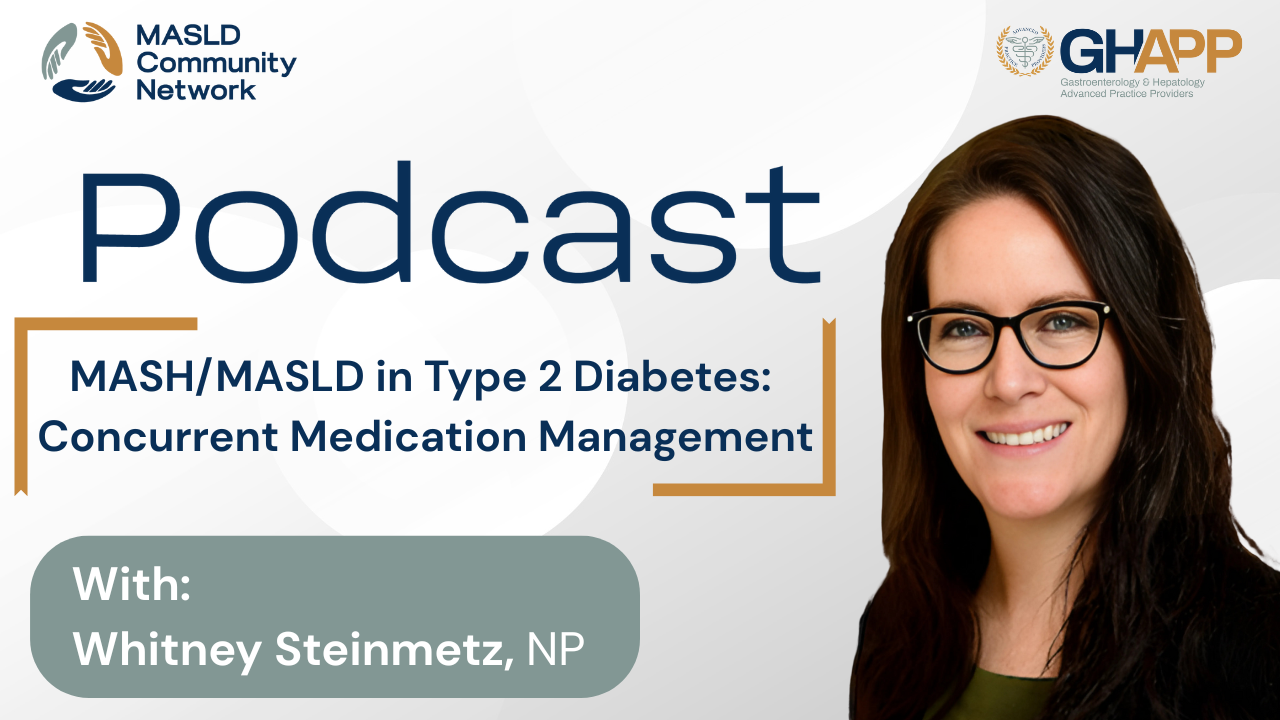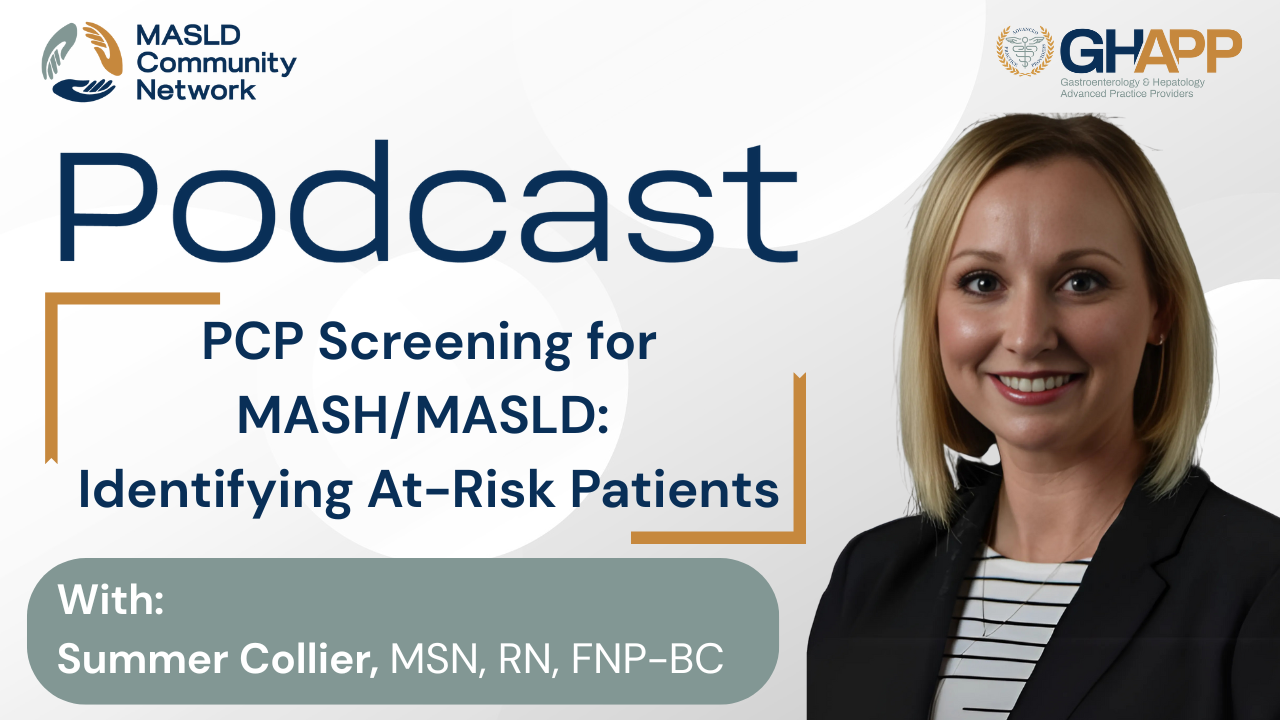
Anthony Derencius
MPAS, PA-C
Location : San Antonio, TX, USA
BIO
Anthony Derencius, PA-C is a former U.S. Army medic and a 2010 honor graduate of the military’s Interservice Physician Assistant Program. During his 11 years in the Army, he provided care to patients and soldiers around the world, including deployments to Afghanistan and Iraq.
After leaving the Army, PA-C Derencius focused his clinical career in the gastroenterology and hepatology field. He has worked in private practice GI in Hawaii and in both general and transplant hepatology in San Antonio, gaining extensive outpatient and inpatient experience. In 2024, he joined Pinnacle Clinical Research, bringing a wealth of clinical expertise to his role as an investigator in many clinical trials for MASLD and other liver diseases.
In 2018, he completed a one-year American Association for the Study of Liver Disease (AASLD) Foundation NP/PA Clinical Hepatology Fellowship. He is also an active member of several medical societies, including the American College of Gastroenterology (ACG) and the AASLD.
MASLD-MASH Content Featuring Anthony

Lifestyle Management With Anthony Derencius

Join Anthony Derencius, PA-C, at Pinnacle Clinical Research, for an in-depth, case-based discussion on the role of lifestyle management in MASH and MASLD. In this educational session from the GHAPP MASLD Community Network, Anthony walks through the real-world case of a 65-year-old patient with obesity, diabetes, and suspected metabolic liver disease, highlighting how to interpret non-invasive diagnostics like FIB-4 scores and transient elastography. He explains the clinical significance of metabolic risk factors, genetic predispositions (such as PNPLA3), and how personalized approaches to nutrition and exercise can alter the progression of fatty liver disease. With evidence-based insights on the Mediterranean diet, aerobic vs resistance training, and behavior change strategies, this video offers frontline strategies to support patients in reversing or slowing fibrosis. Watch to learn how providers can combine patient education, lifestyle interventions, and emerging pharmacotherapy to manage MASLD and MASH more effectively. Educational support provided by Madrigal Pharmaceuticals. For more disease state content, visit the GHAPP MASLD Community Network.
Watch Now

APP Insight: Misconceptions About Liver Health

In this video, Anthony Derencius, PA-C at Pinnacle Clinical Research, clears up some of the most common misconceptions about liver health—offering valuable insights for both patients and healthcare providers. With extensive experience in hepatology, Anthony emphasizes that liver disease is often silent and asymptomatic, meaning many individuals may feel completely fine while living with a significant liver issue. He cautions against relying on a single lab result or imaging test to determine liver status, especially when assessing for conditions like cirrhosis, and stresses the importance of confirming findings through multiple diagnostic tools over time. Anthony also highlights the need for proactive screening, particularly in patients with risk factors such as obesity, diabetes, or a family history of liver disease. Early detection is key, and he encourages patients to advocate for their liver health by seeking evaluation—even if their provider hasn’t suggested it. This is a must-watch for anyone aiming to better understand the complexities of liver disease and the importance of early and accurate diagnosis.
Watch Now

Clinical Deep Dive: Unlocking the Treatment Potential of Rezdiffra

This educational discussion dives into Rezdiffra, the first and only FDA-approved therapy for non-cirrhotic metabolic-associated steatohepatitis (MASH) with moderate to advanced fibrosis. The talk provides a clinical deep dive into the progression of MASH and fibrosis, highlighting the risks of untreated disease and the importance of early intervention. A key focus is the thyroid hormone receptor beta mechanism, explaining how Rezdiffra directly targets liver-specific pathways to reduce hepatic fat accumulation and fibrosis. Additionally, the discussion covers the rigorous FDA approval process and dual efficacy endpoints, detailing how Rezdiffra achieved significant fibrosis improvement and steatohepatitis resolution in the MAESTRO-NASH trial. The session also provides practical insights into patient access, prescribing considerations, and managing common side effects. With over 2,000 patients studied, Rezdiffra has demonstrated a strong safety profile and offers a once-daily oral treatment option that represents a major advancement in MASH management. This discussion is essential for gastroenterologists, hepatologists, and endocrinologists managing patients with MASH, as well as primary care providers and cardiologists who play a role in identifying at-risk individuals. If you are a healthcare professional looking to stay updated on the latest MASH research and treatment strategies, this session provides the insights you need.
Watch Now

Management of Life Style Modification

This video focuses on the comprehensive management of patients with metabolic-associated steatohepatitis (MASH), emphasizing lifestyle modifications, dietary adjustments, and exercise strategies. Key topics include the importance of addressing risk factors like diet, exercise habits, and alcohol intake, as well as referrals to medically supervised weight loss clinics or bariatric surgery for advanced cases. The speaker highlights the benefits of the Mediterranean diet, intermittent fasting, and avoiding ultra-processed foods while discussing the role of resistance training to combat sarcopenia and maintain muscle mass. Practical advice and tailored recommendations ensure a holistic approach to managing MASH and improving patient outcomes.
Watch Now

Third Step of Life Style Management

This video provides a comprehensive overview of emerging pharmacologic treatments for metabolic-associated steatohepatitis (MASH) and their tailored applications based on patient profiles. Topics include FDA-approved therapies, drugs in advanced clinical trials (such as semaglutide and lanifibranor), and the potential for combination treatments targeting both steatohepatitis and fibrosis. The speaker emphasizes the importance of patient-specific approaches considering metabolic profiles, obesity, and diabetes status, alongside lifestyle interventions. Additionally, the video discusses the evolving interdisciplinary care model and highlights the exciting progress in non-invasive testing and treatment advancements for F2-F3 fibrosis.
Watch Now

Approved Medication for MASH/NASH

This video provides detailed guidance on selecting and monitoring patients for emerging therapies targeting advanced fibrosis (F2-F3) in NASH. Key topics include contraindications for patients with cirrhosis, considerations for concomitant medications, and dose adjustments for statins. The video outlines ideal candidates based on specific thresholds for VCTE, MRE, ELF scores, and other non-invasive tests while emphasizing the importance of ruling out portal hypertension and other liver diseases. It also reviews a stepwise monitoring approach, focusing on tolerability at three months and efficacy assessments at six and twelve months, with an emphasis on histologic and non-invasive test improvements.
Watch Now

Types of Diet for the Treatment of MASLD

This video explores comprehensive strategies for managing metabolic-associated steatohepatitis (MASH), focusing on fibrosis risk stratification, lifestyle modifications, and pharmacologic interventions. Learn about dietary recommendations like the Mediterranean diet, exercise guidelines emphasizing resistance training, and the role of intermittent fasting and processed food avoidance. The video also highlights weight loss targets, diabetes management, and emerging therapies such as GLP-1 receptor agonists and bariatric surgery, all aimed at improving liver health and patient outcomes.
Watch Now

NITs to Identify High Risk MASH Patients

Explore advancements in non-invasive diagnostics and risk stratification for liver fibrosis and MASH. This video highlights tools like FIB-4, transient elastography, and innovative scoring systems (e.g., FAST and Agile) to identify and predict outcomes for high-risk patients. Learn about serum biomarkers, updated guidelines, and the role of lifestyle interventions alongside targeted therapies for managing metabolic risks and advancing care in hepatology.
Watch Now

LFTs Demystified: A Practical Guide for APPs

In this informative session, Anthony Derencius, PA-C and sub-investigator at Pinnacle Clinical Research, provides a practical and accessible breakdown of liver function tests (LFTs) and liver-associated enzymes, with a focus on their role in diagnosing and monitoring fatty liver disease—including MASLD (metabolic dysfunction-associated steatotic liver disease) and MASH (metabolic-associated steatohepatitis). Drawing from years of experience in both general and transplant hepatology, Anthony explains how to interpret key markers like ALT, AST, alkaline phosphatase, bilirubin, albumin, and GGT. He emphasizes why elevated or even normal LFTs don’t always tell the whole story, and how a full workup—including viral hepatitis panels, autoimmune markers, alcohol-related labs, imaging, and non-invasive fibrosis assessments—can help uncover the root cause of liver injury. This video also walks viewers through when to consider additional tools like FIB-4, ELF score, FibroScan, or even liver biopsy. Whether you're a primary care provider or hepatology specialist, this session will sharpen your ability to distinguish between benign lab variations and signs of serious liver disease, ultimately supporting earlier diagnosis and better outcomes for your patients.
Watch Now

Differentiating Between F3 and F4

In this comprehensive discussion, HoChong Gilles, a nurse practitioner with 25 years of hepatology experience at the Richmond VA Medical Center, explores the critical importance of accurately distinguishing between F3 (advanced fibrosis) and F4 (cirrhosis) in patients with MASH (metabolic-associated steatohepatitis). While both stages carry increased risks of liver-specific and overall mortality, Gilles explains that F3 may still be reversible with lifestyle changes or pharmacotherapy, whereas F4 signals irreversible liver damage with heightened risk of complications like portal hypertension, hepatic encephalopathy, and liver cancer. Viewers will gain a deeper understanding of how non-invasive tests—like FIB-4, ELF, FibroScan, and MRE—perform in identifying fibrosis stage, including their limitations and overlaps. Gilles also outlines when to consider liver biopsy, especially in cases with discordant test results, atypical features, or clinical uncertainty. This video emphasizes how staging accuracy informs eligibility for therapies, surveillance strategies like HCC screening, and overall prognosis. Learn how to approach this nuanced distinction in clinical practice and why F3 vs. F4 isn't just semantics—it's a turning point in patient care.
Watch Now

Addressing Health Disparities: Equity Considerations in MASH/MASLD Care

In this episode, Patrick Horne, NP at the University of Florida (UF Health), explores the impact of health disparities and socioeconomic inequality on the diagnosis and management of MASH (metabolic-associated steatohepatitis) and MASLD (metabolic dysfunction-associated steatotic liver disease). With a focus on rural and underserved populations, Patrick discusses how limited access to quality healthcare, healthy food, exercise options, and non-invasive testing (NITs) like FibroScan or MRI elastography can delay diagnosis and worsen outcomes. He shares practical, empathetic strategies for individualizing care, such as using accessible tools like FIB-4 or APRI, promoting low-cost physical activity like walking or swimming, and providing culturally sensitive nutrition advice tailored to financial and geographic realities. Patrick emphasizes the provider’s role as a patient advocate and coach, helping patients navigate barriers and create sustainable lifestyle modifications. This episode offers key insights for clinicians working to close gaps in care and promote equity in liver disease management.
Watch Now

Pharmacotherapy Review

Join Christina Hanson, FNP-C, from South Denver Gastroenterology, as she provides an in-depth overview of the current pharmacologic treatment landscape for Metabolic Dysfunction-Associated Steatotic Liver Disease (MASLD) and Metabolic Dysfunction-Associated Steatohepatitis (MASH). This expert-led session explores the three cornerstones of MASH management—lifestyle and weight loss interventions, cardiovascular risk reduction, and liver-directed therapy—while highlighting the evolving role of GLP-1 receptor agonists and the recent FDA approval of resmetirom, the first medication indicated for adults with MASH and moderate to advanced fibrosis. Christina also discusses clinical trial data from MAESTRO-NASH, reviews historical agents like vitamin E and pioglitazone, and offers practical guidance on patient selection, safety considerations, and monitoring strategies. Whether you’re a GI provider, hepatology specialist, or primary care clinician managing fatty liver disease, this video provides valuable insights into how emerging therapies are shaping the future of MASH treatment.
Watch Now

Liver Model Overview

Join Alison Moe, PA-C with United Digestive, as she walks through a hands-on demonstration using a life-sized liver model to help patients better understand fibrosis and liver disease progression. In this engaging and practical overview, Allison explains how different stages of liver fibrosis—from normal liver to cirrhosis and hepatocellular carcinoma—can be felt and visualized using a segmented anatomical model. She shares how this tool enhances patient education during discussions about non-invasive liver testing, such as FibroScan, CAP scores, FIB-4, ELF testing, and more. Designed to support visual learners and improve comprehension of disease state, this video is a valuable resource for clinicians and patients navigating the complexities of metabolic-associated fatty liver disease (MASLD) and its progression to MASH. Learn how tactile and visual teaching aids can bridge the gap between diagnostics and patient understanding in hepatology care.
Watch Now
Related Content

Serological Workup: A Step-by-Step Guide

In this comprehensive video, Sherona Bau, NP from UCLA, breaks down the essential hepatology workup for patients with MASLD (formerly NAFLD) and MASH, offering guidance for both primary care providers and GI/hepatology specialists. Drawing from her extensive clinical experience, she outlines a systematic approach to evaluating abnormal liver ultrasound findings—starting with critical labs to rule out chronic liver conditions like hepatitis B, hepatitis C, autoimmune hepatitis, PBC, and hereditary hemochromatosis. Sherona discusses the importance of ordering ANA, AMA, ferritin, serologies, and even specialized labs like the phosphatidylethanol (PEth) test to uncover alcohol-related liver disease that may be overlooked. She emphasizes the need to screen for cardiometabolic risk factors including type 2 diabetes and dyslipidemia and highlights non-invasive tests such as FibroScan and FIB-4 to help identify patients at risk of advanced fibrosis who may benefit from specialist referral. Most importantly, Sherona addresses the fears many patients face around liver disease progression and life expectancy, encouraging early intervention and coordinated care to improve long-term outcomes. This video is a must-watch for any clinician managing steatotic liver disease.






















